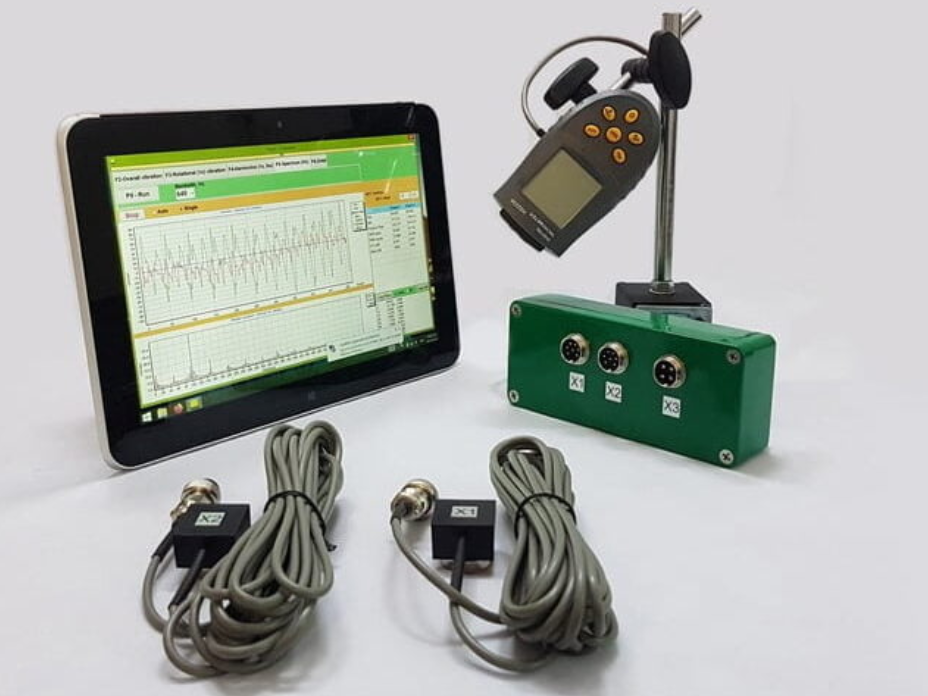Jury selection for the Elizabeth Holmes trial has begun.

Jury selection began on Tuesday in the long-awaited trial of Elizabeth Holmes, the disgraced founder of the blood testing start-up Theranos, who faces a dozen counts of fraud and conspiracy to commit wire fraud.
Ms. Holmes, wearing a medical mask and navy blue skirt suit, with lawyers at her side, was immediately swarmed by a scrum of photographers on her arrival at the federal courthouse in San Jose, Calif. Inside the courtroom, she watched as Judge Edward Davila of U.S. District Court for the Northern District of California, who is overseeing the case, and the lawyers questioned the panel of potential jurors, who were winnowed down from a list of more than 200 to around 50. The jurors sat in assigned seats that were spaced apart for the pandemic.
At the heart of the trial are questions of what exactly Ms. Holmes, 37, knew of the problems with Theranos’s blood-testing devices and whether she intentionally misled investors over the company’s technology. If convicted, she could serve up to 20 years in prison.
The case has captured public attention as another example of a Silicon Valley start-up gone wrong. But Theranos was unusual in that it was led by a female entrepreneur. Ms. Holmes exploited that difference, using it to build attention. She often wore a Steve Jobs-esque uniform of a black turtleneck and spoke in an unusually deep voice. Before Theranos fell from grace, Ms. Holmes was crowned the world’s youngest billionaire and regularly posed for magazine covers.
Her high profile may pose a challenge for jury selection. Prosecutors and her defense lawyers may find it difficult to pick jurors who have not already made up their minds about the case.
Potential jurors have filled out a 28-page questionnaire asking them about their media consumption habits, medical history and knowledge of more than 200 possible witnesses. An even more extensive questionnaire put forth by Ms. Holmes’s legal team included more than 100 questions. In June, it was rejected by Judge Davila.
On Tuesday, around half the potential jurors raised a hand when asked if they had heard of media coverage of the case. Almost all said they could be fair and impartial, despite having previous knowledge of the case from documentaries, a book or podcasts.
One potential juror was excused because his job as a producer at a radio news show exposed him to the news, while another was excused for having seen a Theranos documentary. Two others were excused after saying they would not be able to make rent if they served on a jury trial that lasted three-plus months.
Other questions provided a preview of the legal arguments that may appear in the case. Judge Davila asked if any potential jurors had experience with or had been exposed to domestic violence or intimate-partner abuse. Ms. Holmes’s lawyers are expected to argue that Ramesh Balwani, Theranos’s former president and Ms. Holmes’s onetime boyfriend, had abused her during their relationship, based on court filings from 2020. Mr. Balwani, who is known as Sunny, has also been accused of fraud.
Jury selection will extend at least into Wednesday, when another 50 or so potential jurors will be questioned. Opening statements start next week.
Erin Griffith contributed reporting.








